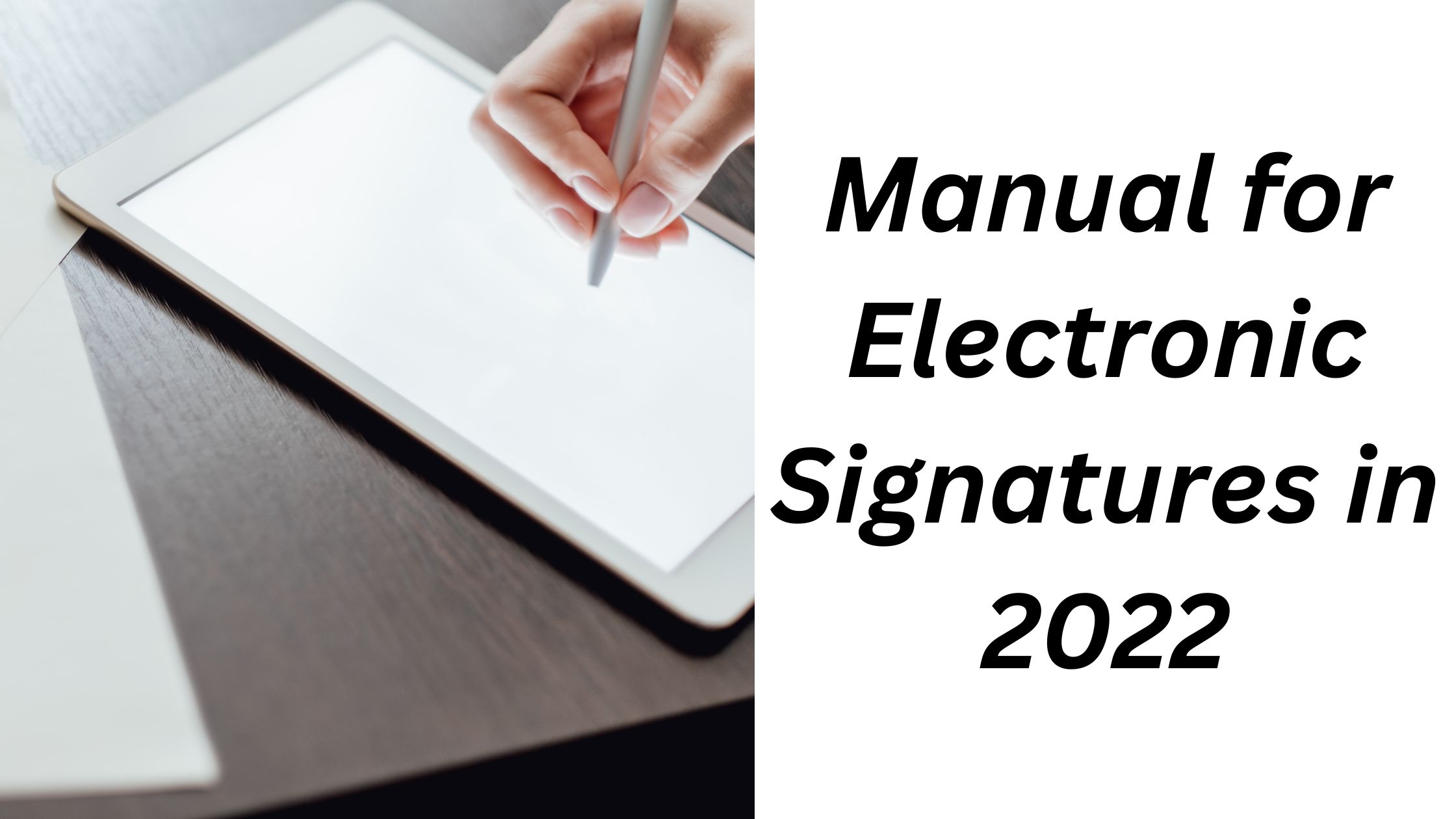
Introduction
Banks have a lot of power when charging you late fees and interest. They can charge you as much as they want, but do they always have to? There are instances in which you could request that a bank reverse a late fee or interest charge on your credit card payment. The question is—does it work?
Banks can reverse late fees and interest charges.
This is a common misconception because it’s easy to assume that banks have all the power in this situation. However, it’s important to note that no matter how much you want your bank to reverse these charges, they are not required by law and can choose not to do so if they choose.
That said, if you request a reversal of late fees and interest charges on your credit card accounts with good cause (e.g., an error on the part of the bank), most banks will ask for additional information before making any decisions about whether or not they need to reverse those charges.
Banks don’t have to reverse late fees or interest charges.
Banks are not required to reverse late fees or interest charges. No law requires them to do so. However, banks may be willing to remove late payment fees if you ask nicely and provide documentation of your situation. Here are a few key points to keep in mind:
- If you want your bank or credit card company to reverse a late fee or interest charge on your account, it’s up to them whether they will comply with your request—they don’t have to. They could refuse if they think the original transaction was valid or if they feel their policy is fair and reasonable.
- Banks may ask for additional information when a customer asks for a reversal of charges; however, there are no specific guidelines regarding what information the bank should require (or how long they have before deciding whether or not to grant the request).
You can call, write, visit, or send a message through the bank website or app to request that a credit card’s late fee or interest charge be reversed.
You can call the bank and ask them to reverse the late fee.
You can write the bank a letter asking them to reverse the late fee.
You can visit your local branch in person and talk with someone about reversing your late payment on a credit card payment.
If you use an online banking app or website, there may also be options for sending messages through those services that will reach customer service representatives at your bank, who can help reverse this late fee on one of your cards.
It would be best if you had a valid reason for requesting that a late fee or interest charge be reversed.
If you want your bank to reverse a late fee or interest charge, you’ll need to provide them with a valid reason for the request. A valid reason could include the following:
- An error on the bank’s part caused your payment to be late. For example, if you were told it was due on a certain date and then realized that it was incorrect when making the actual payment online or over the counter, this would be acceptable as grounds for reversal.
- Your inability to make timely payments due to circumstances beyond your control (such as medical emergencies).
- Being unable to pay because of an issue with their systems that prevented access or processing of payments (for example, if your account number needs to be listed correctly).
After you request that a late fee or interest charge be reversed, the bank may ask you to provide more information, such as statements or documents showing that their error caused the situation in which you need the fees reversed.
The bank may ask for more information if you request a reversal of any fees or interest charges. This could include statements or documents showing that their error caused the situation in which you need the fees reversed.
Banks will likely consider reversing late fees and interest charges if you request it.
They can’t force you to pay them, but they will consider your situation and the circumstances that led to the late payment.
Your bank may ask for more information about why you were late on your credit card payments. If this happens, try to explain as best as possible why you couldn’t make the original payment on time. Please provide copies of receipts or other documents that help support your case.
Suppose the bank reviews your account in-depth and decides that there were extenuating circumstances involved with missing one or more credit card payments (such as unemployment). In that case, it may decide not to charge a fee for those missed payments during a certain period (usually six months).
However, banks rarely do this unless there was truly no alternative way for customers like yourself who have fallen behind on their bills due solely because they’ve lost their jobs or something similar happened unexpectedly during an economic downturn where jobs are scarce like right now with our economy recovering from an awful recession after 2008 when housing prices crashed nationwide along with many other industries including manufacturing which has traditionally been one of America’s top exports thanks largely in part during past decades.
Where cheap labor could get produced cheaply overseas by workers overseas making products sold here domestically at lower costs. Than ever before due largely thanks again mostly towards globalization efforts implemented since 1980s under President Ronald Reagan’s Administration who helped push through legislation allowing free trade across borders between countries like US vs China especially since NAFTA came into effect. Also known as North American Free Trade Agreement signed by Mexico Canada United States.
Conclusion
If you think the bank can reverse your late fee or interest charge, ask them to do so. If they say no, then you have some options. You can call them and ask again, or visit their branch location if possible. If they still refuse to reverse the fees, contact an attorney specializing in these types of cases.
Buy Real US Bank for Non-US Resident








